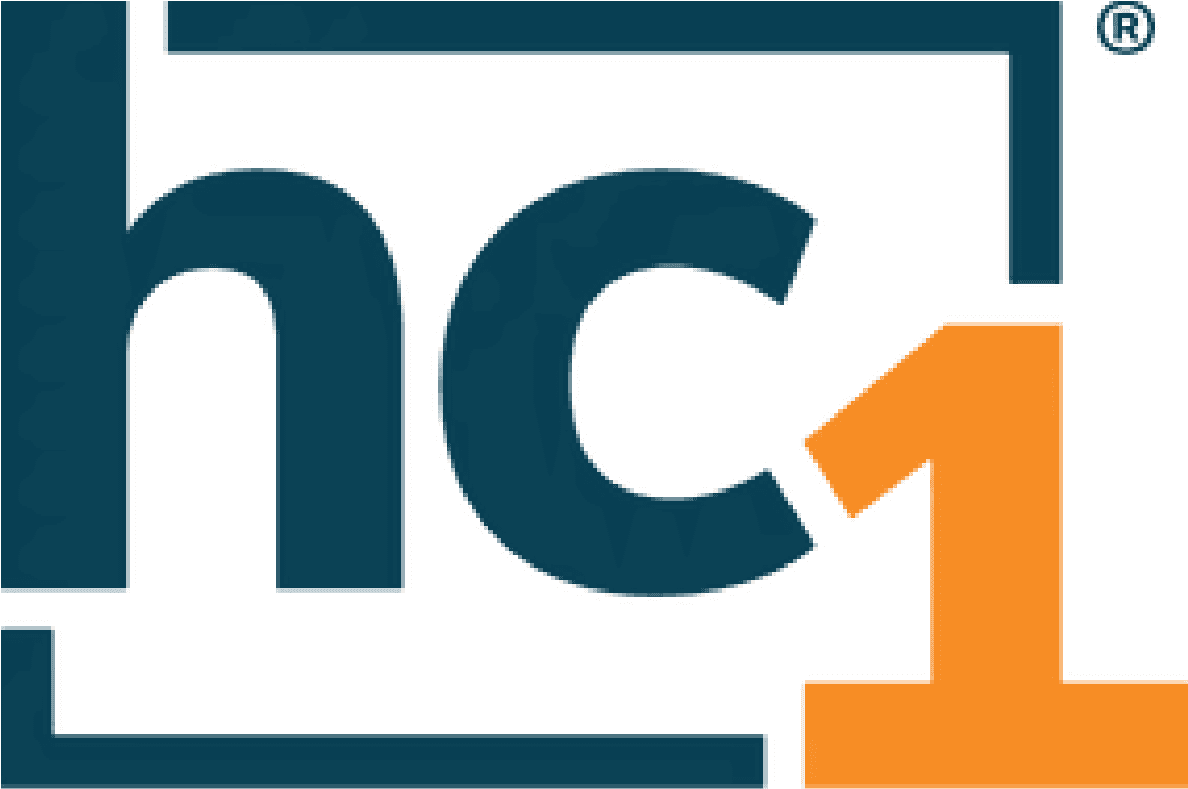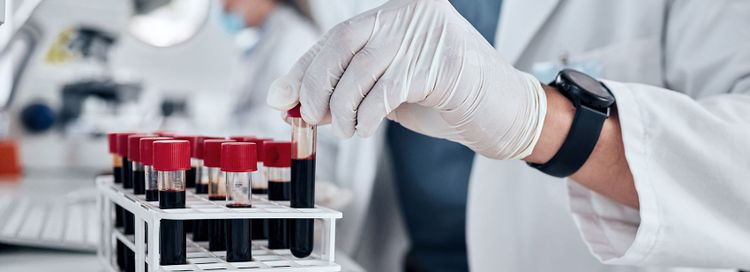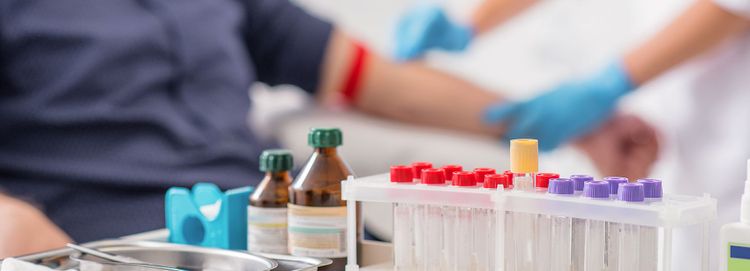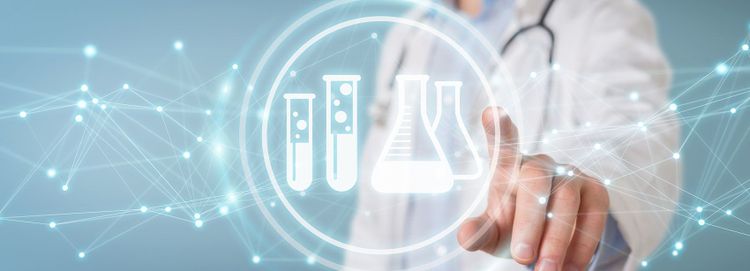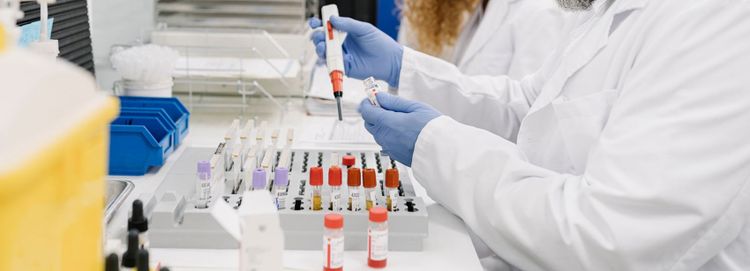May 12, 2021
hc1 President and CEO, Brad Bostic, recently sat down with Dr. Brian Patty, the Chief Medical Informatics Officer at Medix Technology, for a virtual fireside chat session during the Precision Medicine Leaders Summit – Precision Health. They focused on what barriers prevent healthcare providers and organizations from delivering precision medicine but also how technological advances like Precision Health Insight Networks (PHINs) and pharmacogenomics (PGx) are helping to overcome those barriers.
The session is now available free on-demand.
Identify the Biggest Barriers
Knowledge and workflow are two of the biggest barriers to delivering precision healthcare. “Care teams on the frontline are busy,” Dr. Patty said. “They do not have time with every medication that they prescribe or every treatment plan that they engage a patient on to be looking at is this medication impacted by a person’s genetic makeup. They may or may not know that. And quite frankly the data’s changing on a daily basis. We are finding new medications that are impacted by our genetics every day. They cannot be expected to keep up with that since they do not have the knowledge base at their fingertips when they are making that decision. That gets to the workflow piece. You can have the best knowledge base known to man on medications that are impacted by pharmacogenetics, and it could even be in your EHR (electronic health record), but if the knowledge is not incorporated into the workflow of the provider or the care team, then the people who need to know may be unaware that the knowledge exists, or the impact on the particular drug that they’re about to prescribe, or the treatment regimen that they are about to start the patient on.”
Knowledge
We expect our healthcare providers to have an almost superhuman ability to fully understand a patient’s history, genetics and condition in addition to the vast amount of often changing knowledge about treatment options and prescriptions.
“They are not cyborgs; they cannot remember every single thing or keep up-to-date on every single new thing,” said Mr. Bostic. “It sounds like what you are saying is there is this new age that needs to emerge that takes the EHR to another step where it is infusing knowledge into the process at the right time to inform the clinicians in such a way that frankly can help ease the burnout problem with clinicians. And, perhaps more important, patients are much better off. Clinicians are not held to a standard that is impossible for them to meet because there is no way for them to keep up to speed no matter how many continuing education sessions they attend. How would you know what the latest pharmacogenetic protocol should be, for example? Or what the latest, best lab testing should be?”
As online consumers, we have a wealth of knowledge at our fingertips. We can read endless accounts of other users’ experiences, visually model a new piece of furniture in our own space, watch a video on how to repair the kitchen sink or pose a question to an expert and receive a quick response. Why shouldn’t providers be able to leverage similar technology to access a trusted knowledge base, virtually model a treatment plan or collaborate with other experts or members of the care team as part of their existing workflow and at the point of care?
When the information and collaboration needed for well-informed decision-making is built into the care team’s workflow, delivering precision care becomes second nature for the provider. “There is so much knowledge being generated every single day out there,” said Dr. Patty. “We need to be injecting that knowledge into the appropriate time in the workflow where that knowledge is going to help inform decisions.”
Workflow
Dr. Patty stressed that reducing the amount of time and effort required to find and understand the information available is also important. “Providing that knowledge and getting it into their workflow so that when they have those 15 or 20 minutes to see a patient, they are not having to go to a database to see about this medication,” he said. “Is there a potential genetic test that I can do to see if this patient’s medication is going to work for them? Why not embed that into the workflow and say, ‘You’re prescribing this medication. There’s a significant genetic variability to how it performs in patients. Here’s the incidence of that.’”
Mr. Bostic noted that many organizations have invested heavily in their EHR systems and expect them to deliver these capabilities. “People have spent hundreds of millions, billions in some cases, on putting in place EHR,” he said. “That’s part of where I see the struggle, and the barrier is, ‘Well, I’ve already spent all of this. Shouldn’t it do all this already?’”
He asked Dr. Patty, “How should people think about this next step that you are describing as it relates to the EHR in terms of where you leverage specialized knowledge bases and systems that potentially are external to the EHR, but then, as you are saying loud and clear, inject that information into the EHR flow? How would you look at that from an investment perspective in that context of your overall EHR investment you have already made?”
Dr. Patty explained that the EHR is a framework for providing care. “You can’t expect your EHR vendor to deliver some of this knowledge to you,” he said. “You have to have knowledge sources that you are tapping into and that you’re building into your EHR. It is interesting. The KLAS Arch Collaborative did a study of over 200 healthcare systems and looked at physician satisfaction and the effect of the EHR on quality of care. They found that it had less to do with the EHR vendor and more to do with how each individual organization took that EHR and implemented and customized it and trained it and built those tools into the EHR to help providers out. Satisfaction was more impacted by local factors than it was on the EHR itself. The same EHR vendor could have the top score and a fifth percentile score. Everything in between.”
“And so,” he continued, “much is dependent on how we implement our EHRs. And a big part of it is building some of these knowledge bases into the EHR and delivering that knowledge in the workflow. That is so important.”
Share Your Precision Healthcare Delivery Story
Whether you are just beginning a journey to implement precision health in your organization or you have had years of success, hc1 would like to hear your story and understand your challenges. For the past 10 years, we have worked directly with laboratories and healthcare partners to help them ensure the right patient gets the right test and the right prescription. Whether the hc1 Platform is a perfect fit for your organization or not, we are likely to each have something to learn from the other’s experiences.
